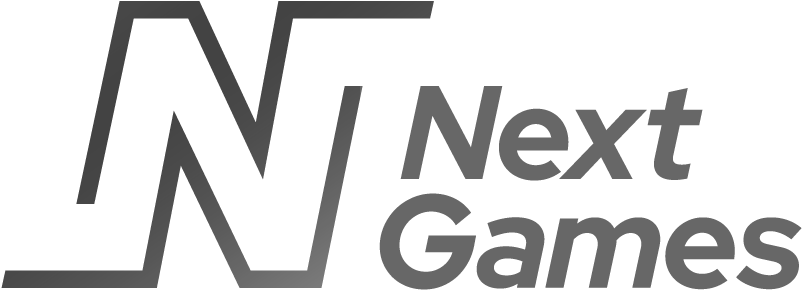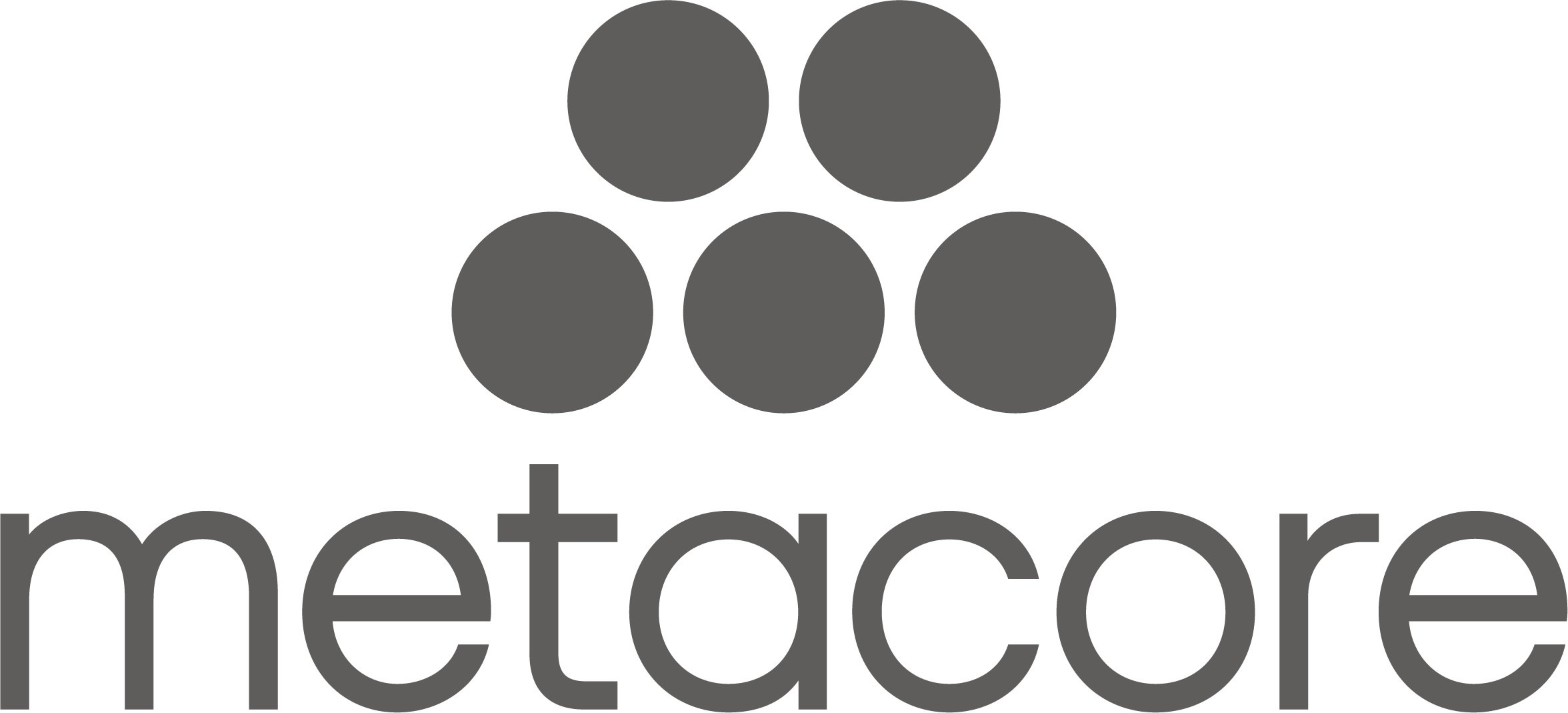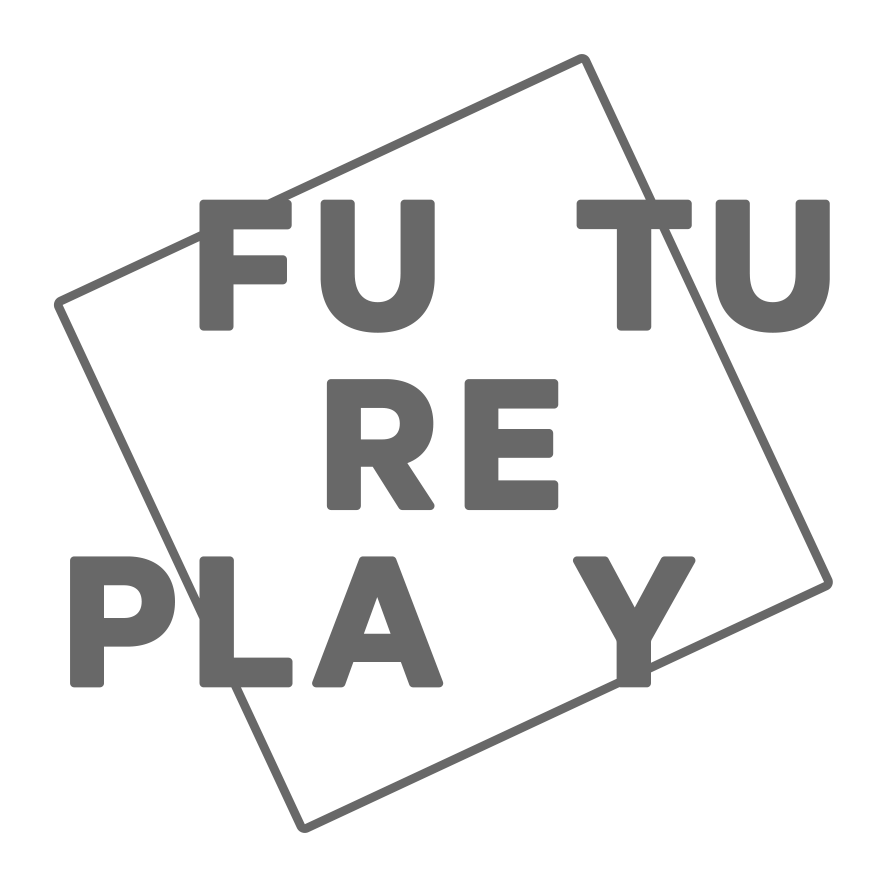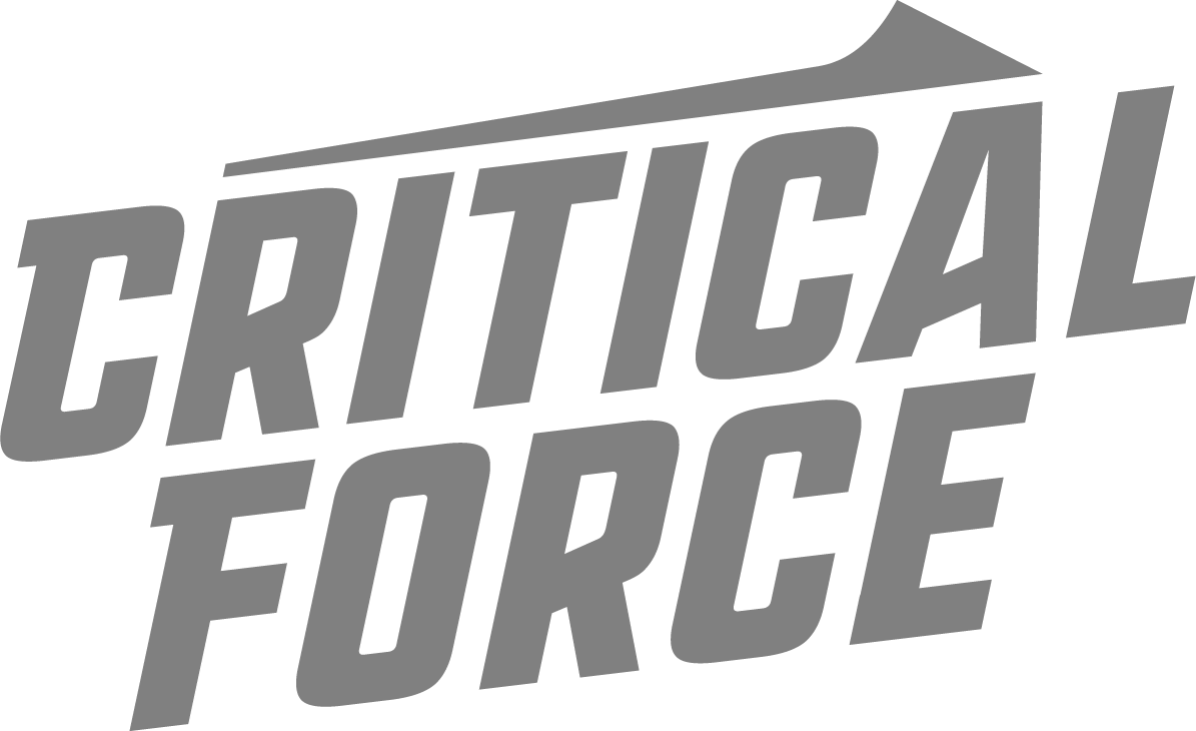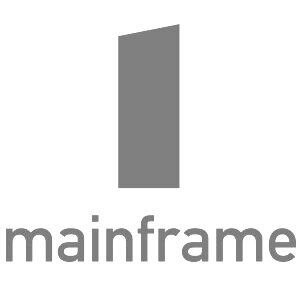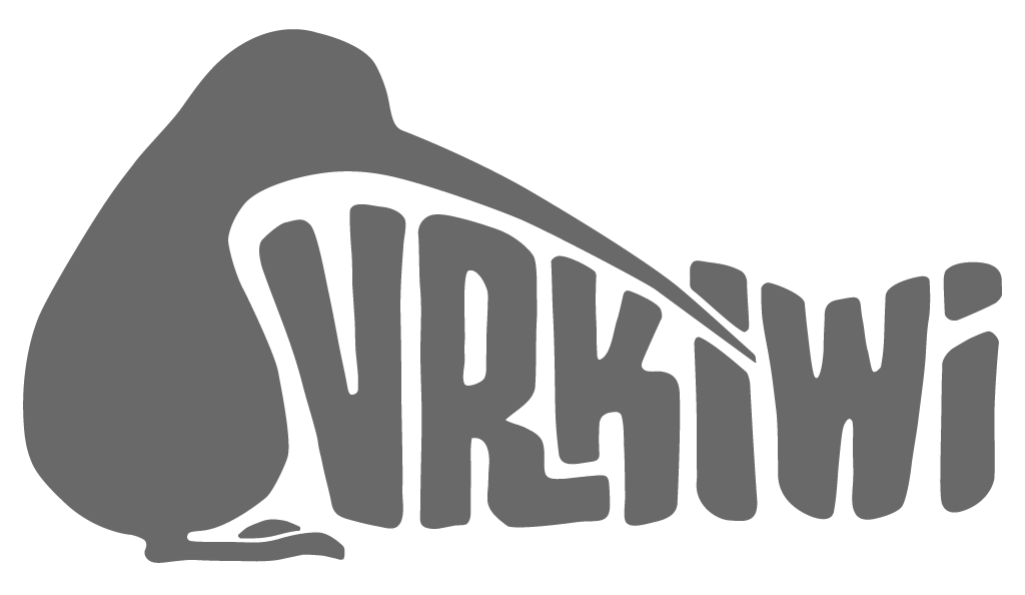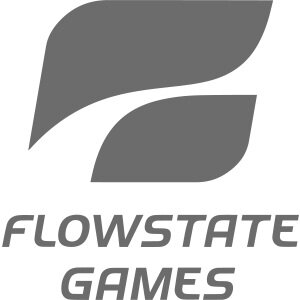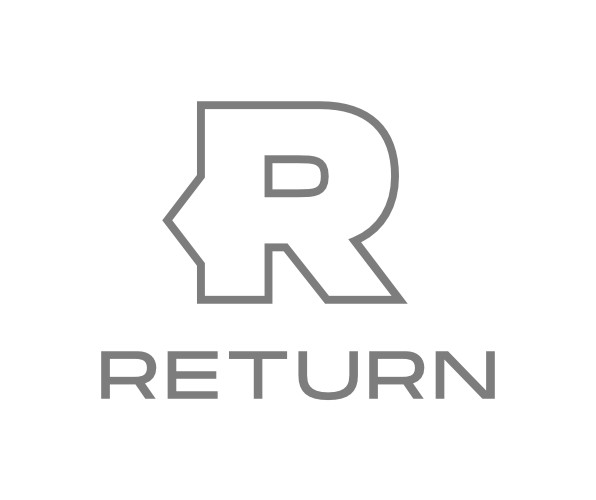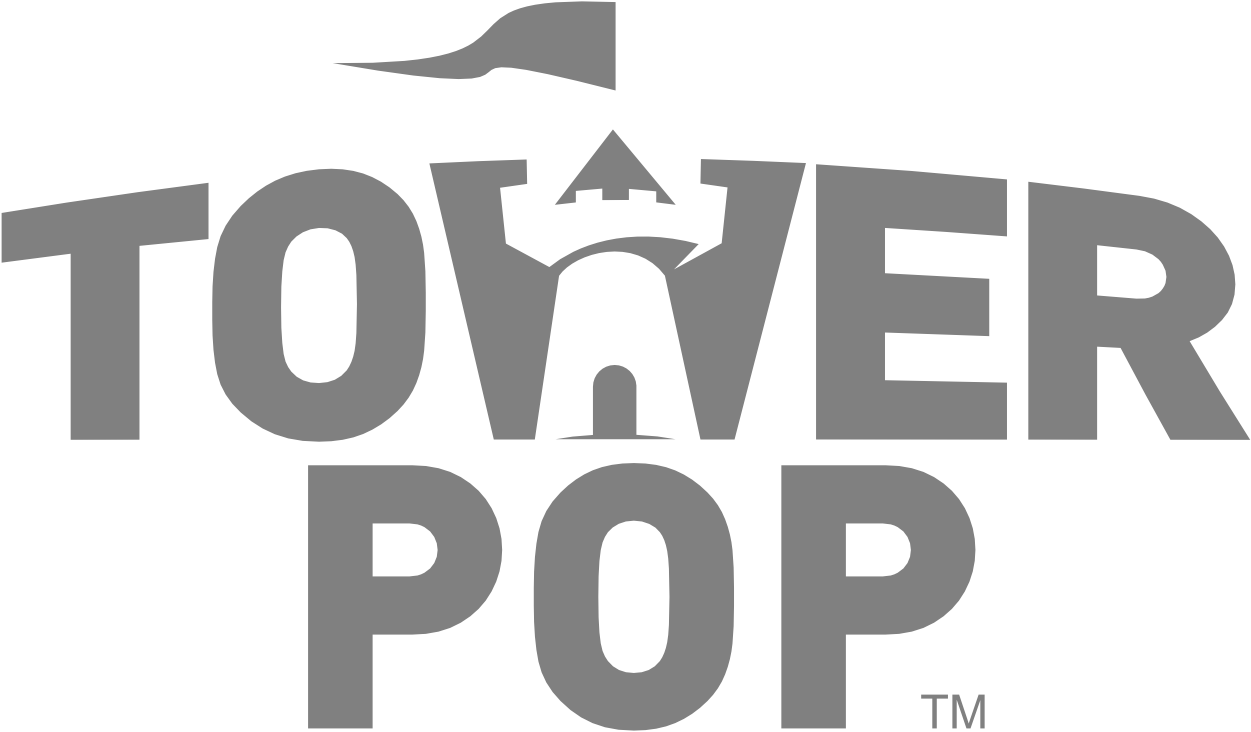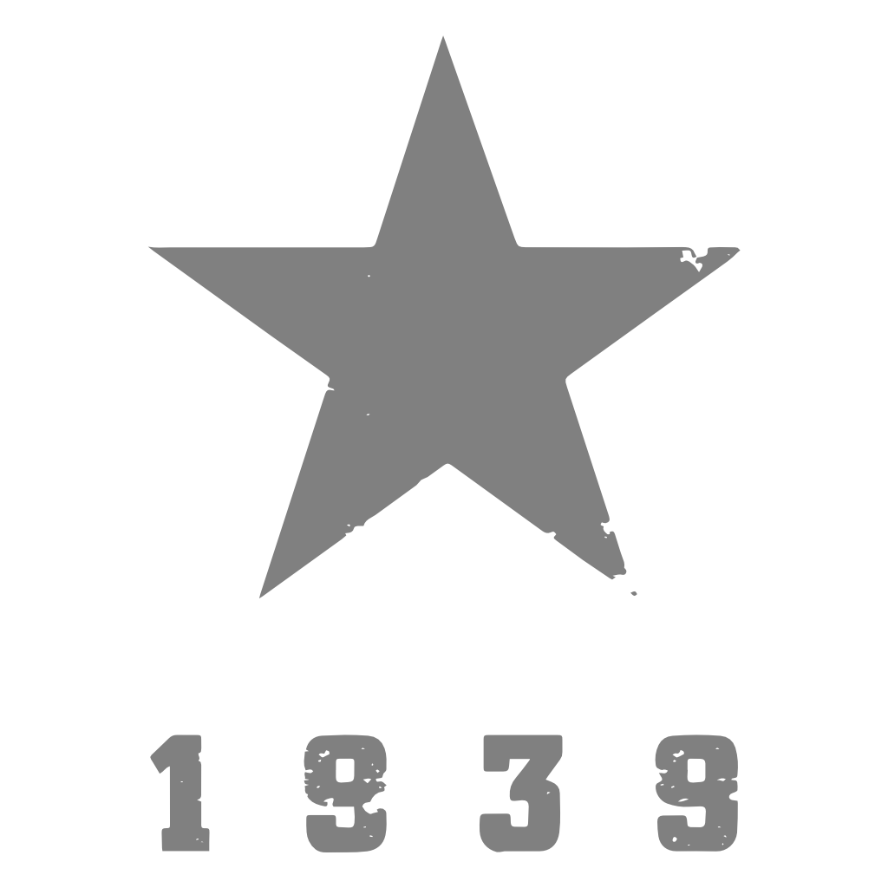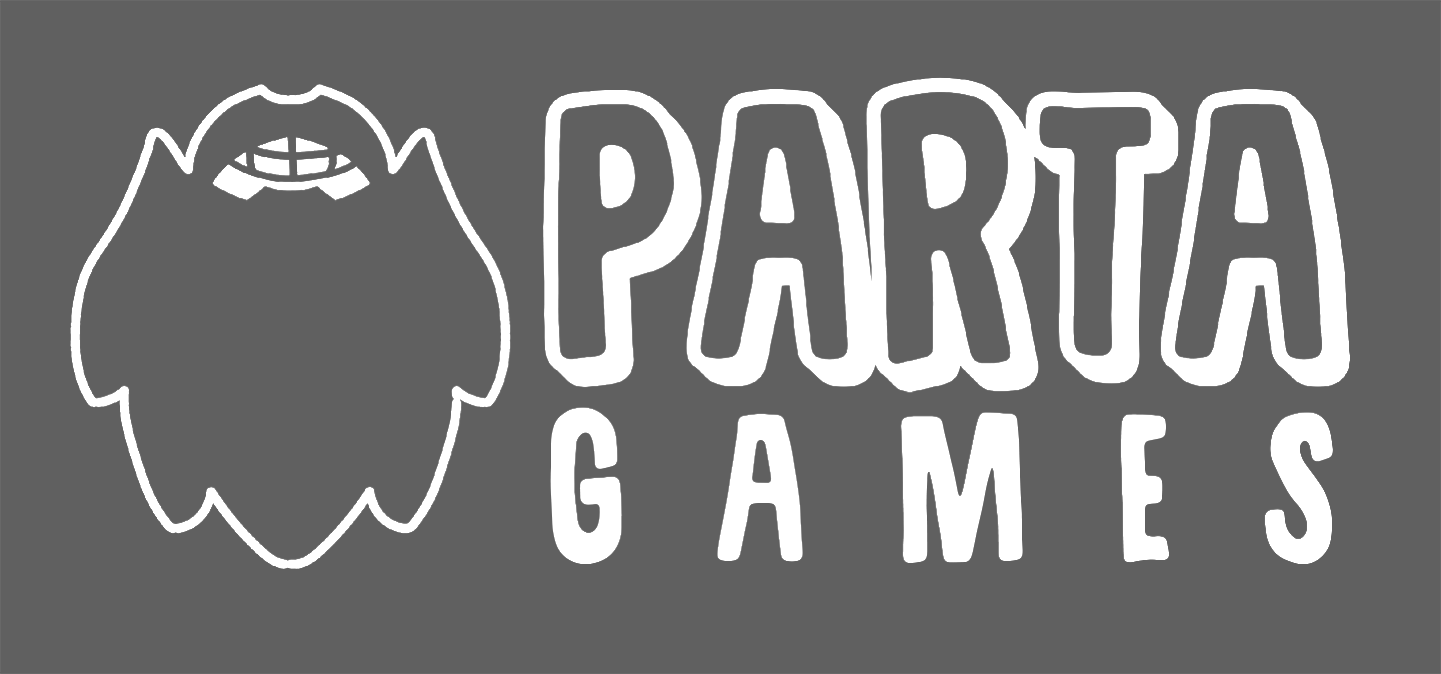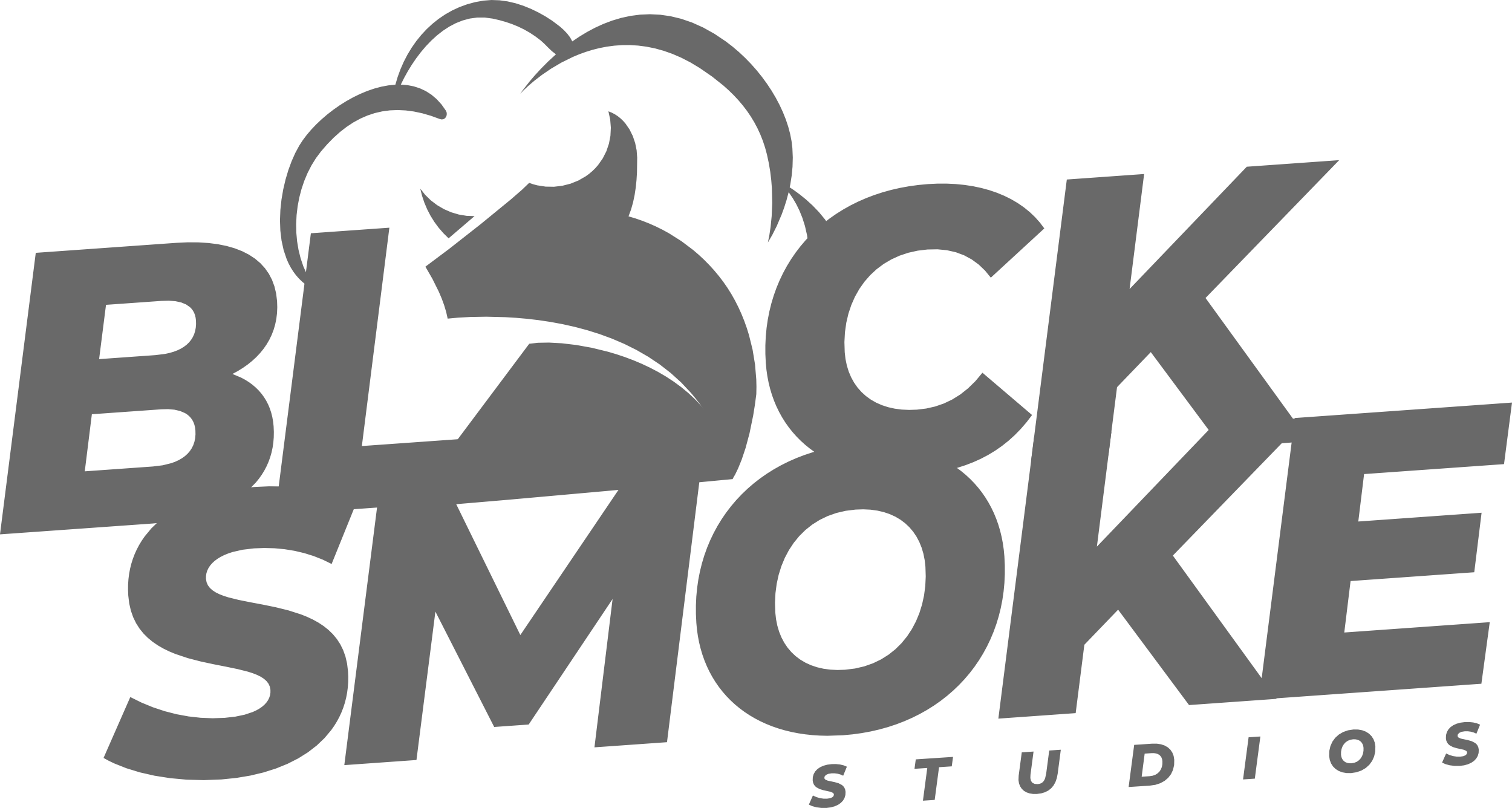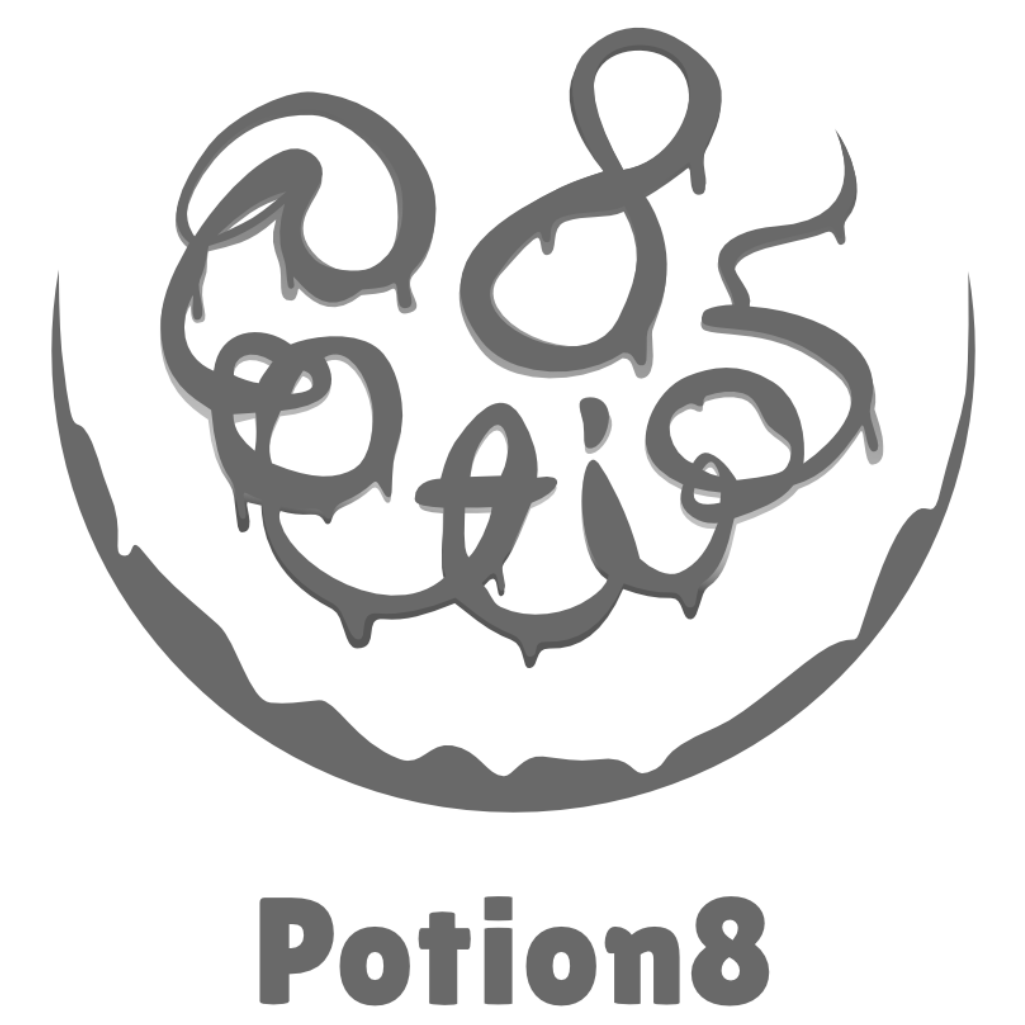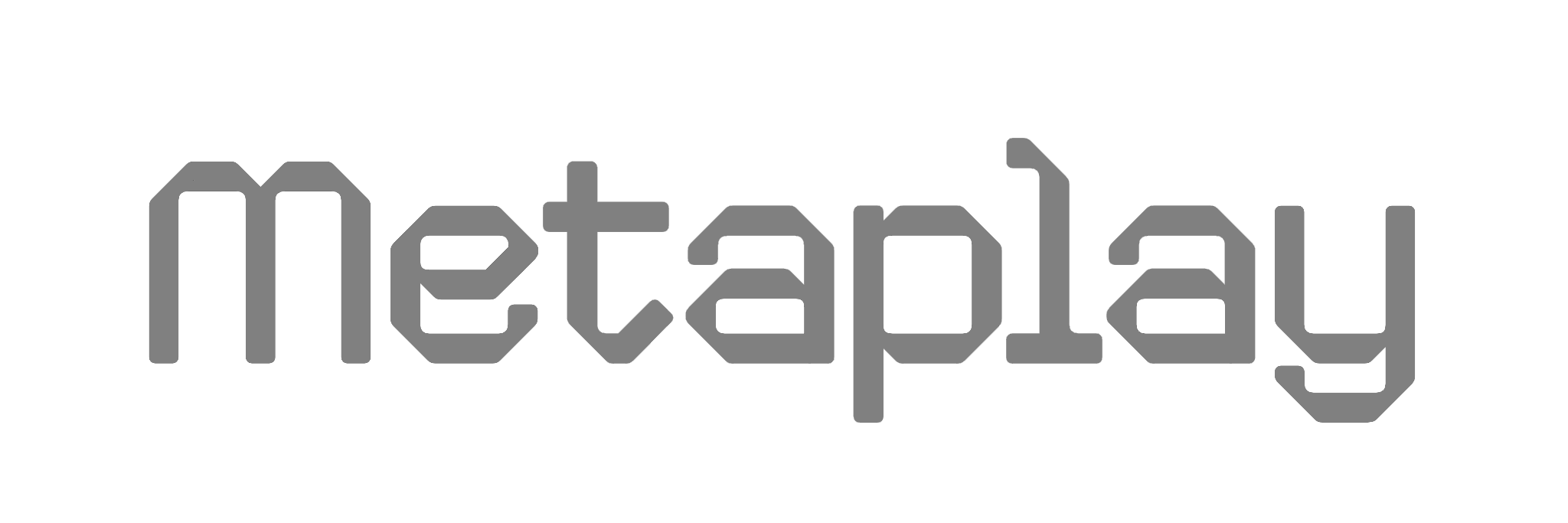Rehaboo! Squat - Rehaboo
A kinect based game in which the players have to squat in order to keep their minecart moving and they can use their arms to collect gems. Rehaboo’s purpose is to make rehabilitation fun, rewarding and measurable. The company is currently focusing on activation games in three segments; Hospitals, Care homes for the elderly and working adults at the offices.
A Giant Problem - Critical Charm
A VR tower defense game in which the player assumes the role of a giant, set to defend a castle under siege against trolls and other monsters. The game is slated to come out for the HTC Vive, Oculus Rift, and the Windows Mixed Reality Headset. The final features are still being determined as the game is in early alpha.
Don't Die
A (up to) 4 players colorful cooperative game in which each player is trying to die but their opponents are trying to prevent their death by protecting them. The game was developed as a collaborative effort between 7 students from Amiedu, Metropolia, Stadin and Sibelius-Akatemia in the time frame of 6 weeks.
Forbidden Factory - Twisted Ark
A beautiful 2.5D puzzle platformer in which the player assumes the role of a cogwheel and interacts with the environment, trying to solve the mystery of the factory. The game’s development started last summer by a team of 3 and is set to be ready on early 2020 for PC and consoles.
Children of the Eclipse - Nutfarm
A visually engaging top down story-driven shooter in which the player shoots their way through a dystopian yet teeming-with-life environment. The early demo was developed in 4 months by a team of 5 and will be released early next year for PC and consoles.
Bobsu! - DieNo Games
A casual arcade game in which the player can choose between 4 differently skilled teams of fluffy ball shaped characters that move vertically (from top to bottom) while busting blocks of 4 different colors. The development started last summer and the game is currently set to be released soon for mobile devices.
The Maiden - Blind Fox Studio
A story driven 2D platformer that revolves around Finnish and Estonian mythology. The player assumes the role of a Maiden who can use spells in order to overcome different obstacles and face different opponents. The development started at the beginning of 2019 and the current plans are to release it early in 2020.
The next IGDA gathering at Helsinki Hub will be in August.
Until then, have a great Summer!













